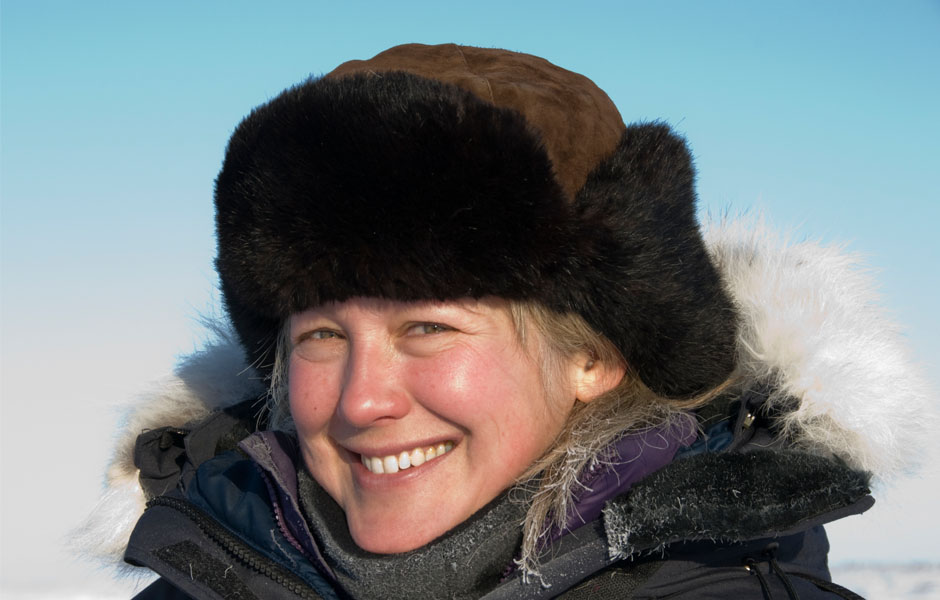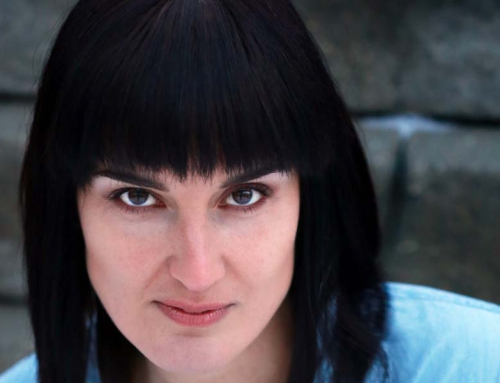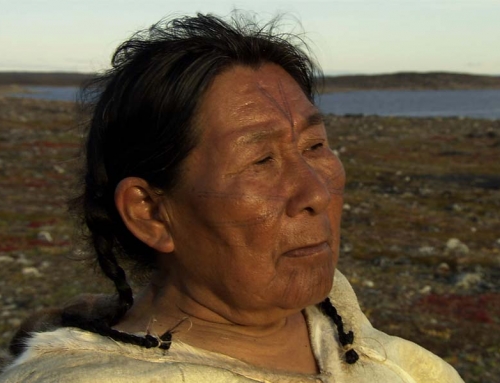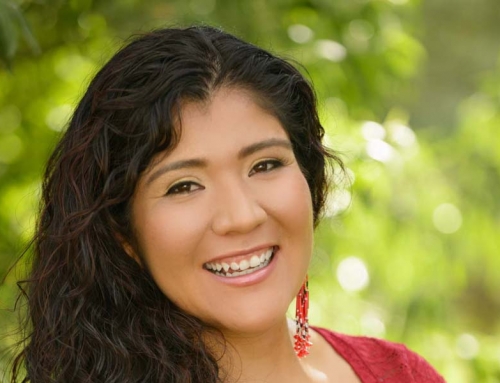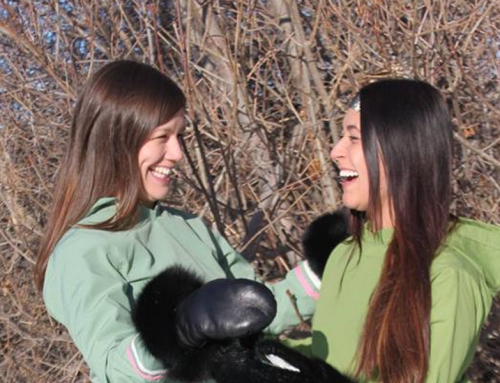INDIANER INUIT: DAS NORDAMERIKA FILMFESTIVAL (Gäste 2016)
Marie Hélène Cousineau
Marie-Hélène Cousineau zog 1990 von ihrer Heimatstadt Montreal nach Igloolik, Nunavut, wo sie maßgeblich an der Entwicklung von Inuit-Frauenfilmen beteiligt war. 1991 gründete sie mit Zacharias Kunuk und Norman Cohn das Tarriaksuk Video Centre. Gemeinsam mit Mary Kunuk und Madeline Ivalu baute sie die Firma Arnait Video Productions auf, mit der sie bis heute Videoarbeiten produziert.
Cousineau schloss an der University of Iowa in Iowa City ihr Studium in Kommunikation und Produktion ab und machte ihren Master in Kunstgeschichte an der Université du Québec in Montreal. Sie hat am Collège Jean de Brébeuf sowie an der Concordia University in Montreal unterrichtet. Bei der Entwicklung der Nunavut Film Commission diente sie als Beraterin und war von 2002 bis 2004 Vizepräsidentin von Ajjitt, der Nunavut Filmmakers Association.
Zusammen mit Madeline Ivalu führte Marie-Hélène Cousineau Regie bei dem Historien-Drama Before Tomorrow, das in den 1840ern spielt und auf einem Roman des beliebten dänischen Autors Jorn Riel basiert. Before Tomorrow gewann 2008 den CITY-TV Award als bester kanadischer Spielfilm beim Toronto International Film Festival und erhielt viele weitere kanadische Auszeichnungen. Ebenfalls in Co-Regie mit Madeline Ivalu entstand der zweite Spielfilm Uvanga, ein zeitgenössisches Familiendrama, das in Igloolik spielt. Uvanga lief auf internationalen Festivals.
Ihre Installation Perdre et Retrouver le Nord (Coming Home and Loosing Touch) wurde auf der Berlinale 2013 (Forum Expended) gezeigt sowie zur Eröffnung des Ryerson Image Centres in Toronto. Der Film SOL (in Co-Regie mit Susan Avingaq gedreht) wurde 2014 mit dem Großen Preis für den besten kanadischen Dokumentarfilm auf dem Rencontres Internationales du Documentaire in Montreal ausgezeichnet und wurde vom Toronto International Film Festival (TIFF) in die Top Ten der kanadischen Filme 2015 gewählt. Der Film SOL ist eine ergreifende Geschichte über den Tod eines jungen Inuit Künstlers. Er deckt zugleich soziale Probleme des kanadischen Nordens auf, die unterschwellig mitverantwortlich für die hohe Selbstmordrate sind. Cousineau lebt mittlerweile wieder in Montreal, reist aber häufig in den arktischen Norden und entwickelt Film- und Fernsehprojekte für Kinder.
English
In 1990 Marie-Hélène Cousineau went from her native Montreal to Igloolik, Nunavut, where she was integral to the development of women’s video. In 1991, she founded the Tarriaksuk Video Centre with Zacharias Kunuk and Norman Cohn, and with Mary Kunuk and Madeline Ivalu, she established Arnait Video Productions, with whom she continues to produce and direct video works.
Cousineau received an MFA in communication studies and production from the University of Iowa in Iowa City, and an MA in art history from the Université du Québec à Montréal, and has taught at Collège Jean de Brébeuf and Concordia University in Montreal. She served as consultant in the development of the Nunavut Film Commission and from 2002 to 2004, she was vice-president of Ajjitt, the Nunavut Filmmakers Association.
With Madeline Ivalu she co-directed Before Tomorrow, a historical drama set in 1840’s and based on a novel by acclaimed Danish writer Jorn Riel. The film won the CITY-TV Award for Best Canadian First Feature Film at the Toronto International Film Festival 2008 and many other Canadian awards. Uvanga, the second feature co-directed with Madeline Ivalu, is a contemporary family drama set in Igloolik and toured international festivals.
Her installation Perdre et Retrouver le Nord (Coming Home and Loosing Touch) was presented at the Berlinale in 2013 (Forum Expended) and at the opening of Ryerson Image Centre in Toronto. In 2014, the film SOL, co-directed with Susan Avingaq, won the Grand Prize for Best Canadian Feature at Rencontres Internationales du Documentaire de Montreal and was selected by Toronto International Film Festival (TIFF) in their Top Ten Canadian Films 2015. The film is a poignant investigation about the death of a young Inuit artist and sheds light on the underlying social issues of Canada’s North that have resulted in its high suicide rate.
Now living in Montreal she goes back and forth to the North and is developing film and television projects for children.

